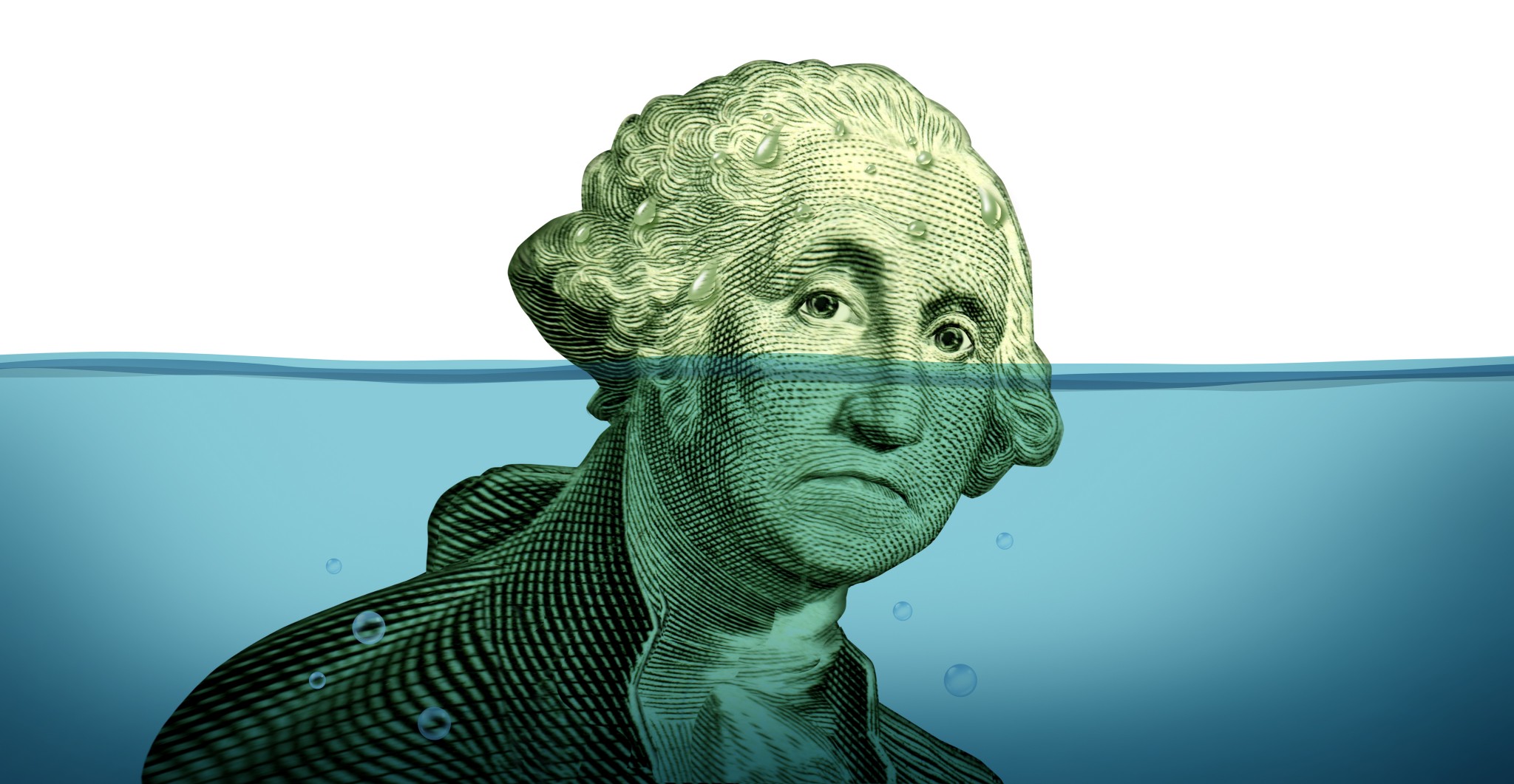Chanting, “Fight, fight; water is a human right,” hundreds marched in Detroit during July.
If you had not paid your water bill, Detroit was going to turn it off. One resident explained to Planet Money that she had to choose between the gas she needed to drive to work and her water. Gas won, the water was shut down, and she even tried collecting rain water to flush a toilet.
Meanwhile, protesting Ireland’s decision to start charging for water on October 1, 2015, a leader of Right2Water said, “We believe water is a human right.”
Where are we going? To whether water is a public good for which government should pay.
The Free Water Debate
By privately paying for water, households help the environment and add to government revenue. When your water costs more, you use less. A perfect example of the law of demand, Ireland uses two or three times more water than her EU neighbors because Irish water is free. They don’t even have water meters. In addition, a revenue stream for water frees other money for use elsewhere.
By contrast, when taxes are used for water provision, our treatment and distribution facilities become a social resource. Consequently, we wind up transferring wealth from the haves who paid the tax dollars to the have-nots if government pays our water bill. Also, if water is a human right, then we would be creating a valid entitlement.
Our Bottom Line: Is Water a Public Good?
Economists like to say that a lighthouse is a public good because it can simultaneously be used by everyone, depleted by no one, and is a necessity. Perhaps though because lighthouses have been privately owned, a municipal tornado alarm is the quintessential public good. Everyone hears it, use does not deplete it, and we need it.
With water we could use the same criteria. Getting an “A” only for “necessity,” water does not pass the public good test.






